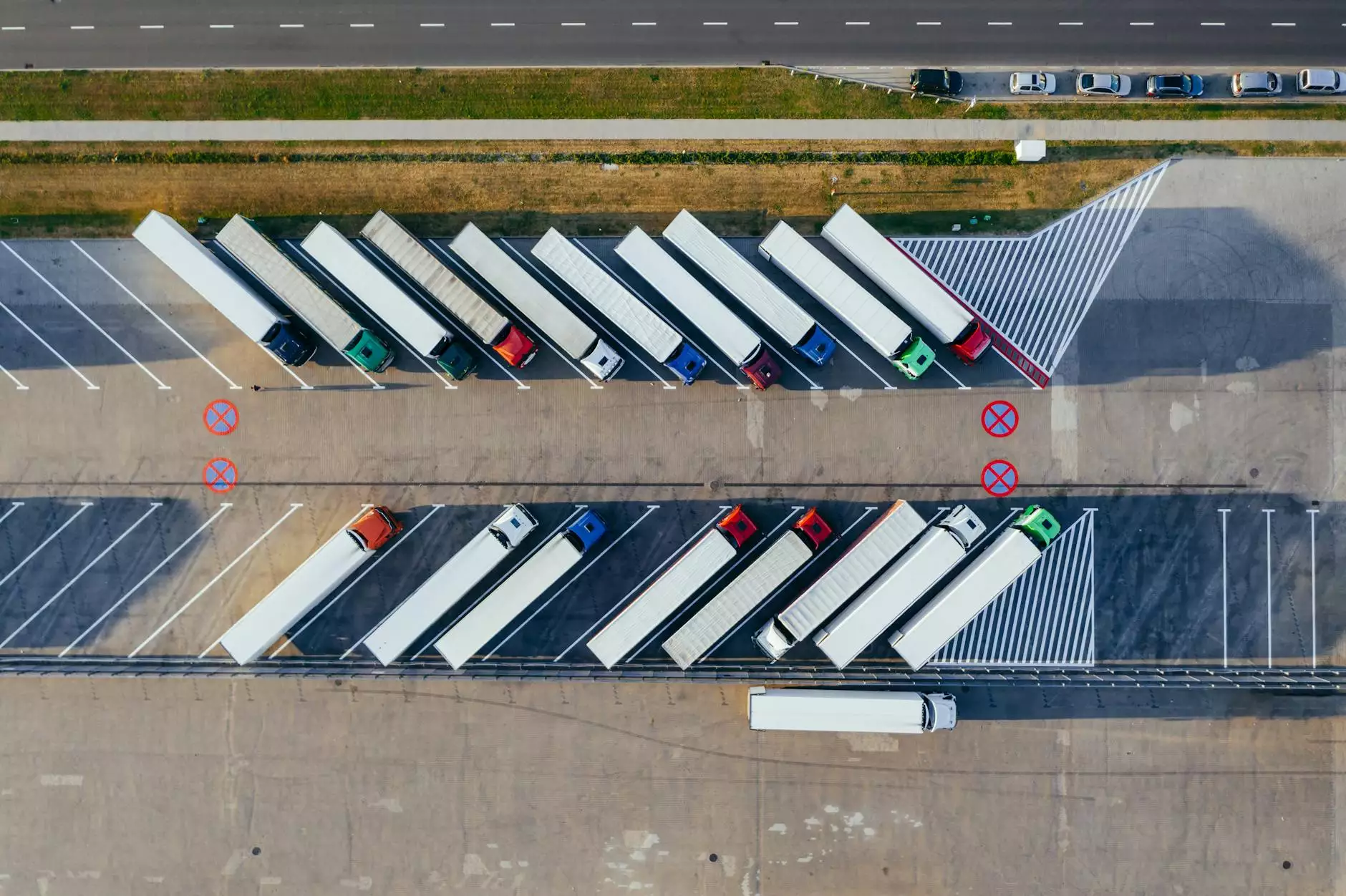The Ultimate Guide to Air Cargo Track Trace

In the fast-paced world of logistics and supply chain management, the ability to monitor shipments effectively is paramount. One of the most critical components of efficient shipping in the modern age is air cargo track trace. This service allows businesses and consumers alike to trace the journey of their goods, ensuring timely deliveries and enhancing overall customer satisfaction. In this comprehensive guide, we will delve into the mechanics of air cargo tracking, the technology behind it, and the various benefits that it offers to companies engaged in international freight transport.
Understanding Air Cargo Track Trace
Air cargo track trace is a system that allows shippers and consignees to follow their cargo throughout its journey from the point of departure to its destination. This service is not merely a “nice-to-have”; it’s an essential part of any logistics operation. With the increasing complexity of global supply chains, being able to track cargo in real-time can make a significant difference in operational efficiency and customer service.
Why is Tracking Important?
Tracking air cargo is crucial for several reasons:
- Enhanced Visibility: Real-time tracking provides visibility into the status and location of shipments, allowing stakeholders to respond proactively to delays or issues.
- Improved Customer Satisfaction: Customers expect updates on their shipments. Being able to provide accurate tracking information improves their experience and builds trust.
- Operational Efficiency: Companies can optimize their logistics and shipping processes by identifying bottlenecks and challenges through tracking data.
- Minimized Loss or Theft: Active tracking can significantly reduce the cases of lost or stolen cargo, as any deviations from the expected route can be promptly addressed.
How Does Air Cargo Track Trace Work?
At its core, air cargo track trace involves the integration of various technologies and systems. Here’s a closer look at the key components involved:
1. Barcode and RFID Technology
Most air cargo shipments are tagged with barcodes or RFID (Radio Frequency Identification) chips. These tags contain critical information about the shipment, including:
- Sender and recipient details
- Contents of the shipment
- Tracking number
- Shipping status
As the cargo moves through various checkpoints, these tags are scanned, allowing the system to update the shipment's status in real-time.
2. GPS Tracking
Many modern air freight vehicles are equipped with GPS (Global Positioning System) technology. This allows for the precise tracking of cargo's location at any given time, enabling shippers to provide accurate estimated delivery dates.
3. Data Integration Systems
Data from various sources such as airlines, freight forwarders, and customs authorities is integrated into a centralized system. This comprehensive data collection enables stakeholders to access detailed tracking information from a single platform.
Implementing an Effective Air Cargo Track Trace System
To fully benefit from air cargo track trace, businesses must implement a robust tracking system. Here are steps to consider:
1. Choose the Right Technology
Select technology that fits your specific business needs. Evaluate options such as GPS, RFID, and integrated tracking software that can seamlessly communicate updates about shipments.
2. Train Your Team
Invest in training for your logistics and operations teams to ensure they are adept at using tracking systems effectively. This knowledge is crucial for managing exceptions and effectively communicating with customers.
3. Foster Communication with Partners
Ensure that all partners within the supply chain are equipped to provide relevant tracking information. This might include airlines, freight forwarders, and customs brokers, fostering a collaborative environment.
The Benefits of Using Air Cargo Track Trace
Implementing a reliable air cargo track trace system brings a multitude of advantages to companies involved in cargo shipping:
1. Cost Reduction
By being able to identify delays and inefficiencies quickly, companies can reduce unnecessary costs associated with additional labor, expedited shipping, and unhappy customers.
2. Enhanced Regulatory Compliance
Air cargo shipments must comply with a variety of regulations. A tracking system ensures that all necessary documentation is completed accurately, facilitating smoother customs processes.
3. Better Inventory Management
With real-time tracking, companies can maintain more accurate inventory records. This insight allows businesses to manage stock levels more effectively, reducing the risk of overstocking or stockouts.
Challenges in Air Cargo Tracking
While the benefits of air cargo track trace are significant, there are challenges that companies may face:
1. Technology Adoption
Not all companies are equipped with the latest technology or the budget to invest in sophisticated systems. This gap can create inconsistencies in tracking and reporting.
2. Data Security
With the increase in technology use comes the risk of data breaches. Companies must ensure that they have robust cybersecurity measures in place to protect shipment data.
3. Integration Issues
Integrating different systems across various partners in the supply chain can be complicated. Companies need to ensure compatibility to avoid disruptions in tracking services.
The Future of Air Cargo Tracking
As global commerce continues to expand, the future of air cargo tracking looks promising. Emerging technologies like artificial intelligence (AI) and machine learning are set to revolutionize tracking systems by:
- Predicting shipment delays using historical data
- Enhancing automation in reporting
- Improving customer interactions through intelligent systems
Conclusion
In conclusion, leveraging an effective air cargo track trace system is indispensable in today's shipping industry. It not only enhances operational efficiency but also plays a crucial role in customer satisfaction. As technology continues to evolve, businesses that embrace modern tracking solutions will undoubtedly maintain a competitive edge. By understanding the intricacies of air cargo tracking and addressing the associated challenges, companies can streamline their operations for overall success.
To learn more about innovative solutions in air freight and enhancing your logistics operations, visit cargobooking.aero.









